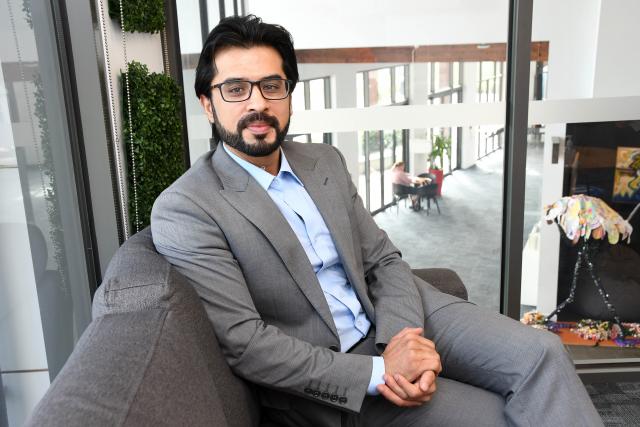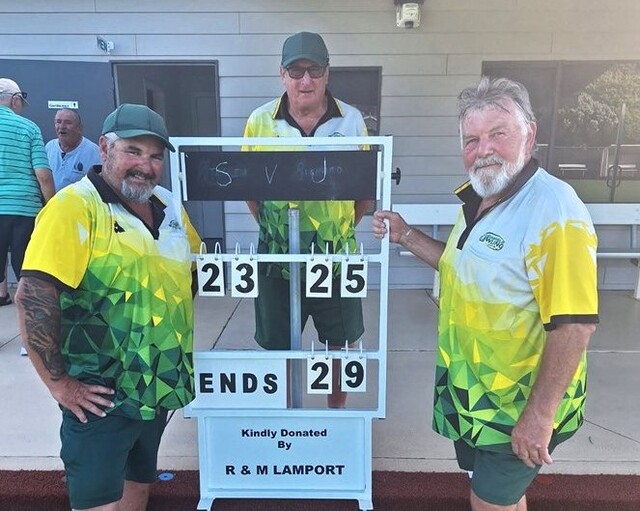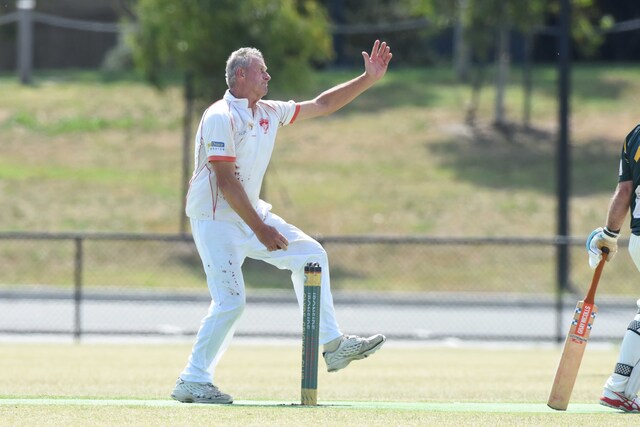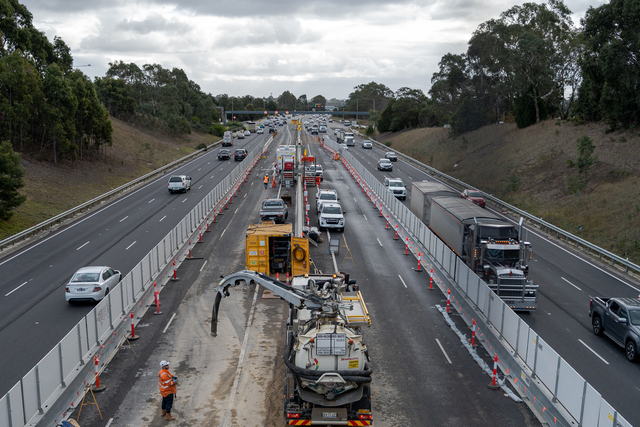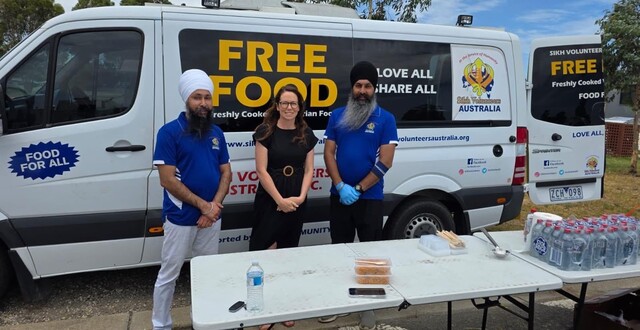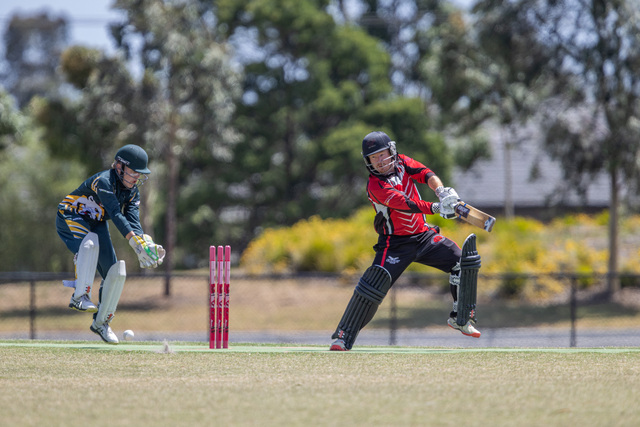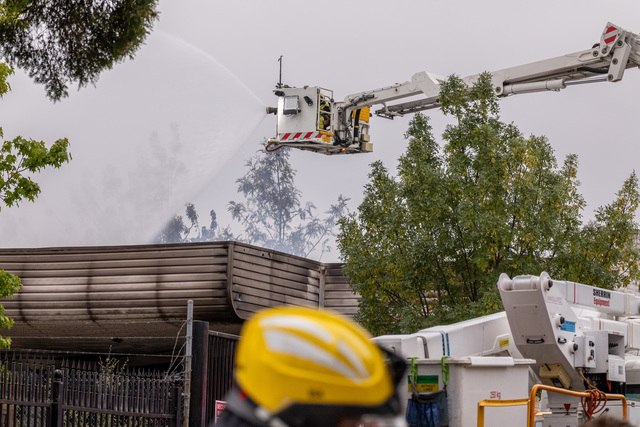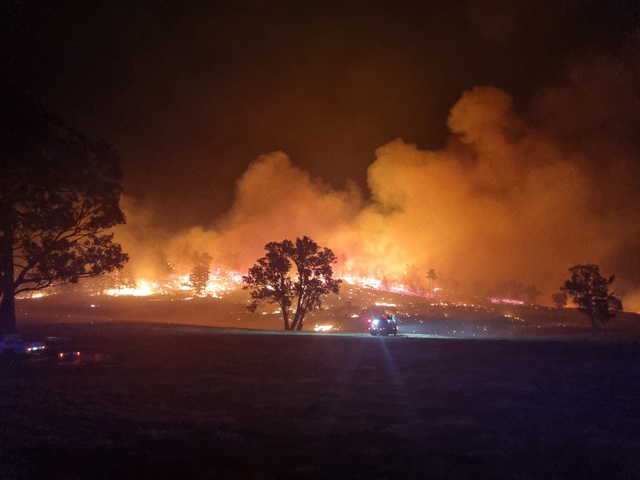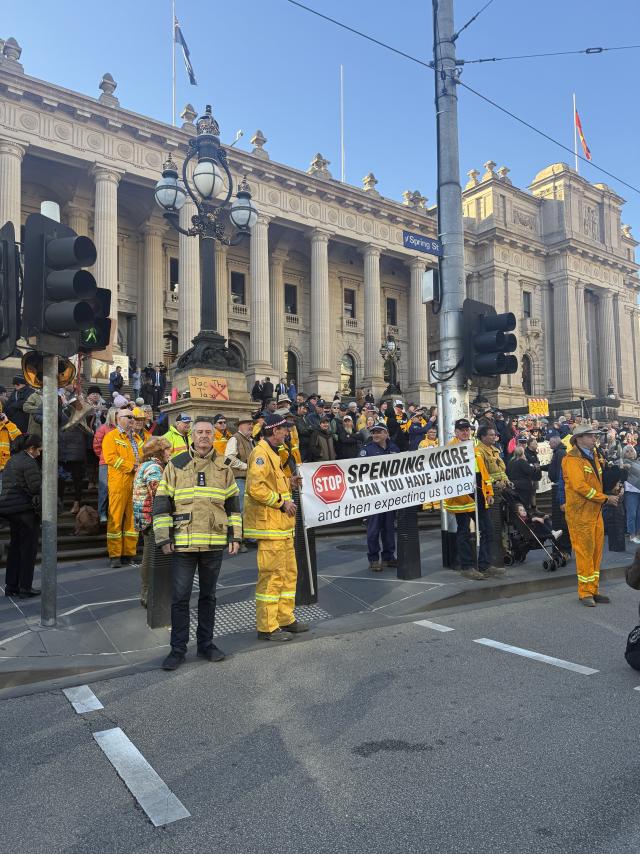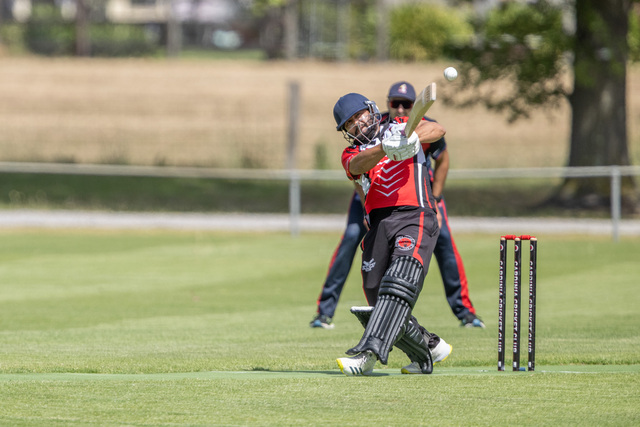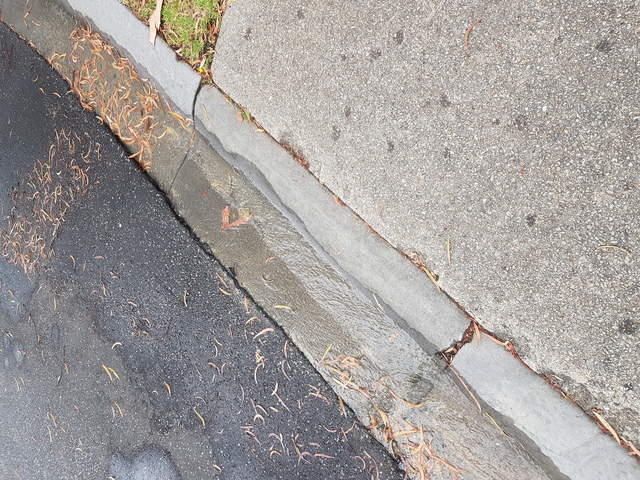An exploratory paper on the health of culturally and linguistically diverse (CALD) communities in Australia has found the CALD community often faces greater challenges when dealing with the health and welfare system than the non-CALD population.
The report, published by the Australian Institute of Health and Welfare on Thursday 4 August, explored the use of linked Multi-Agency Data Integration Project (MADIP) data to assess the benefits, challenges and limitations of the health of CALD populations.
Thirty per cent of people living in Australia were born overseas, as of 30 June 2020. Nearly half of Australians were either born overseas or have a parent who was, and 21 per cent of Australians spoke a language other than English at home, according to the 2016 Census.
A key finding of the report found people who have migrated to Australia under the humanitarian program have “vastly different health and welfare needs” from those who move to Australia for personal, lifestyle, educational or financial reasons.
“Pre- and post-arrival factors can negatively influence their health, such as poor care at their country of origin, trauma, possibly prolonged detention, and barriers to appropriate care on arrival,” the report said.
Bahktar Community Association host regular health information sessions for the CALD community in different languages, including Dari and Pashto.
In 2021, the organisation helped thousands of new arrivals from Afghanistan settle into Australia following the Taliban’s takeover of their country in August last year and worked in consultation with the Victorian Department of Health and Human Services to provide translated public health material on vaccinations and Covid-19 for the new settlers.
Chief executive of Bahktar, Bassir Qadiri said his experiences with members of the community indicated to him the information was not easily accessible.
“The health department website makes them available but the community won’t go there to find info in their language, they need to go through a process,” Mr Qadiri said.
“It can be hard to find if you don’t speak the language. We print it out for them and hand them out.
“It’s much easier to pass on information through our information sessions.”
Mr Qadiri, who hails from Afghanistan, said the method of seeking treatment in Australia is extremely different to his country of birth, and can be overwhelming for new arrivals.
“There’s a process here; you see a GP, who refers you to a specialist.
“Back home, there is no such thing such as a health department who can recommend a vaccination. There’s not enough for everyone in the country and the rest may not be aware they exist.”
The familiarity and comfort of a medical professional that speaks their language can also see patients travelling long distances for a particular service, which necessitates the use of public transport.
“A lot of community members don’t know who to reach, and some just wait until situation gets worse,” Mr Qadiri said.
The Australian Department of Home Affairs offer a Translating and Interpreting Service to assist with communicating health advice, by assigning an interpreter to a client for an in-person meeting or speaking over the phone.
To read the report, head to aihw.gov.au/reports-data/population-groups/cald-australians/overview

